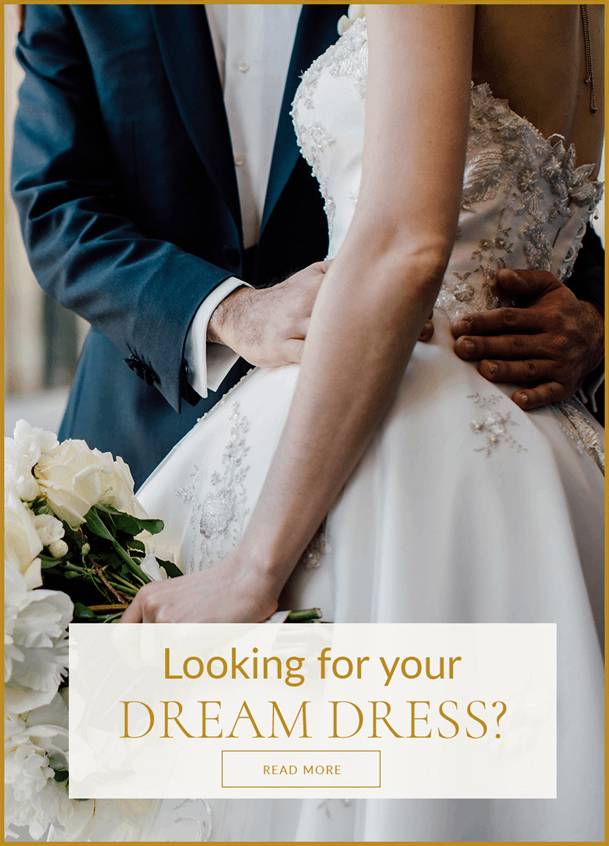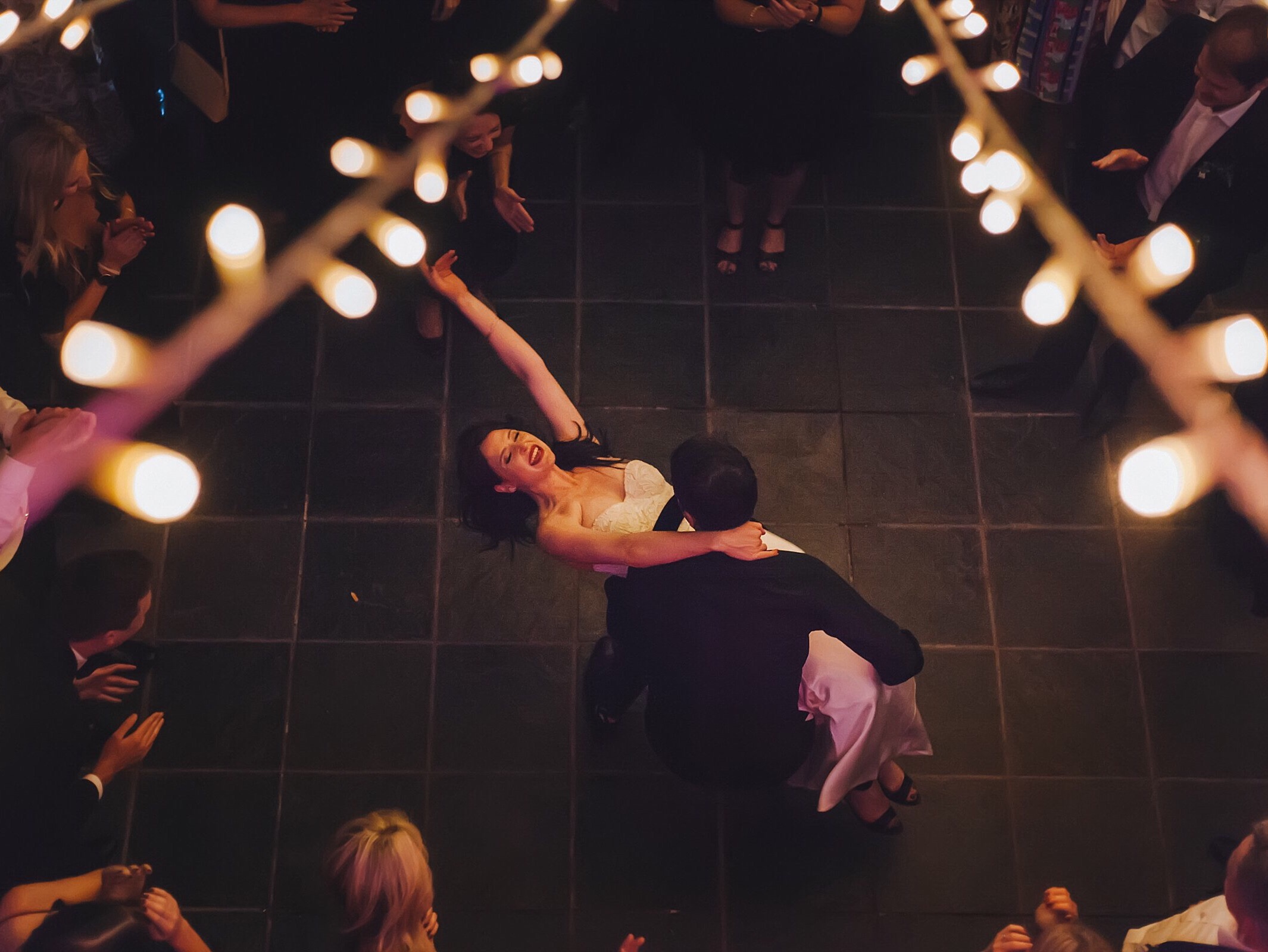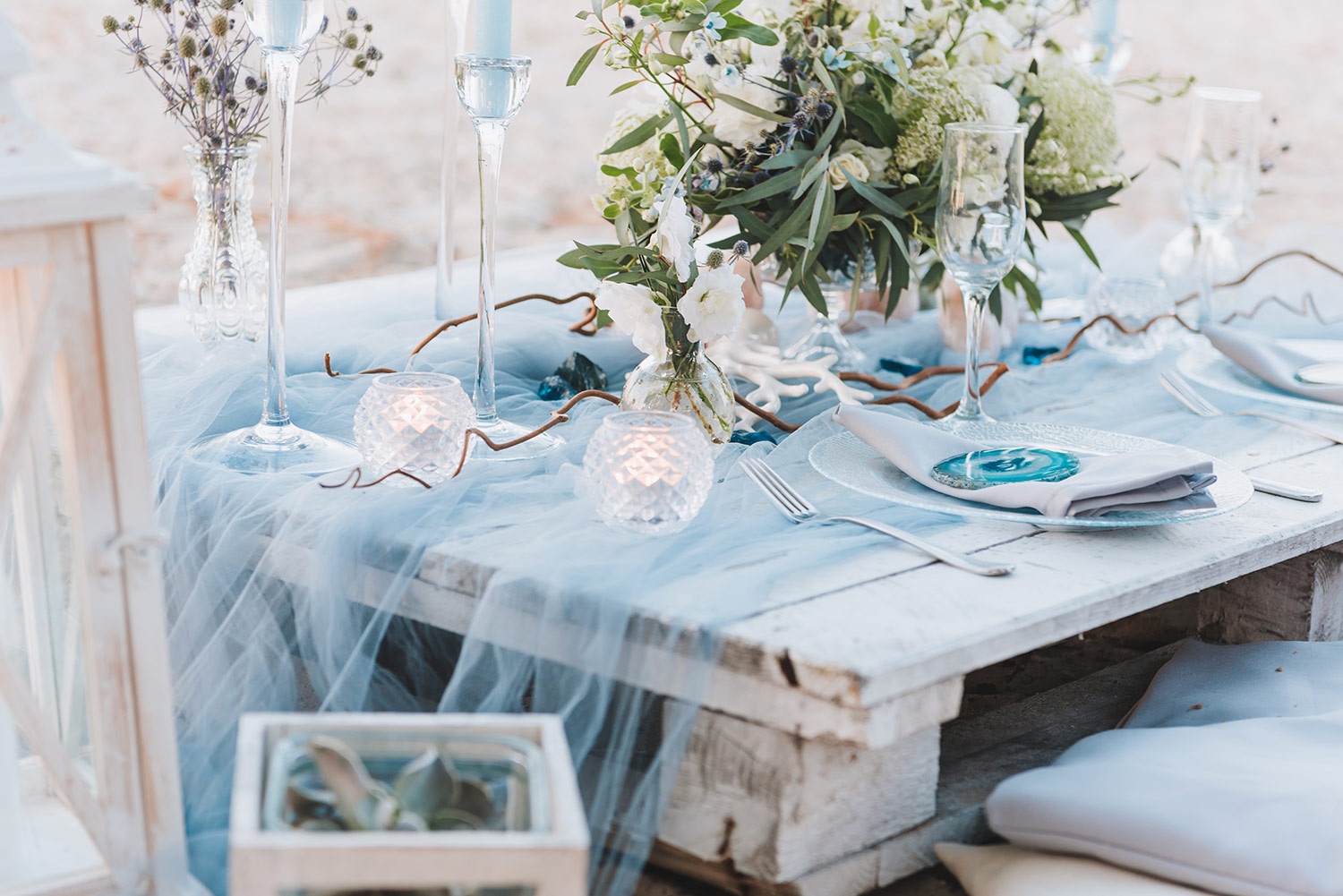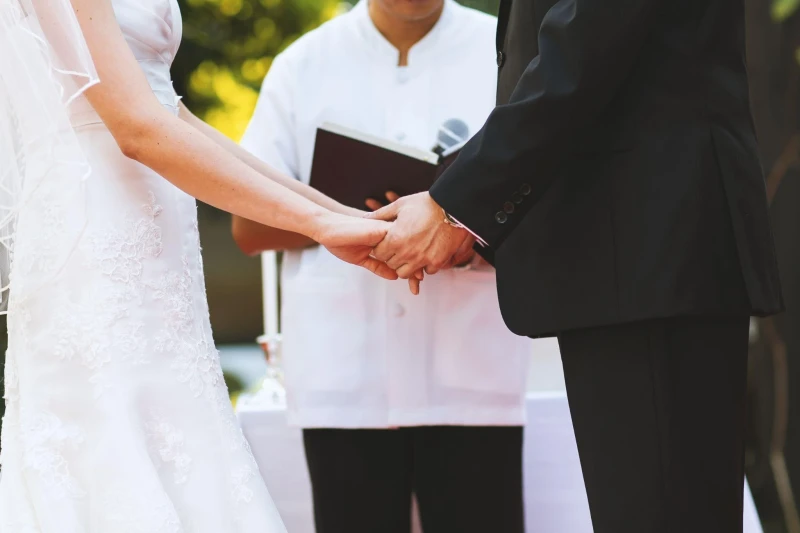
The wedding of your dreams will bring you a lot of happiness, but it will also involve a lot of tiny little logistical details as you interview professional vendors to help you pull everything off. It can take some time to locate the ideal wedding caterer or photographer, but the selection of the ideal wedding officiant does not typically receive the same amount of attention.
Let's discuss the role of the officiant for your perfect wedding day.
The individual who legally weds the couple during the ceremony is referred to as the "wedding officiant." An officiant at a wedding, in addition to being legally required to do so, serves in the role of emcee, ensuring that the event runs smoothly and according to plan. They help with the rehearsal, manage the timeline, perform the wedding script, add in any special requests, and also function as your support system throughout the wedding preparation and any other relevant variables.
Even though wedding officiants are often an afterthought, picking the right one for your perfect wedding day shouldn't be the very last thing on your to-do list. Instead, it should be one of the first things. Because they will be standing right next to you both as you exchange vows, the officiant is an essential component in determining the vibe that will prevail throughout the ceremony. Due to the significant part, they will be playing, it is essential that you are able to put your faith in their knowledge and experience in order to co-create the kind of ceremony you envision having.
How to pick the right person to perform your wedding ceremony.
Before you both commit to saying yes to your officiant, here are the top five questions you need to ask each other before making your decision.
Is this person an effective public speaker?
In the end, when you hire a wedding officiant, what you're doing is hiring a storyteller who is able to guide you through the ceremony with grace and assurance. It is essential that they have strong public speaking skills as well as the ability to roll with the punches despite the fact that their background and level of experience may vary.
The officiant should be prepared to handle unforeseen circumstances, such as if the flower girl becomes disoriented while she is making her way down the aisle or if your partner fumbles over their vows. For example, if the flower girl becomes disoriented while she is making her way down the aisle. If the person you are considering as your officiant has officiated weddings in the past, you should request to watch a video of one of those weddings so that you can observe them in action.
What are their qualifications and experience?
In a court of law, your wedding will not be recognized unless the officiant who presided over the ceremony possesses the appropriate licensure. Check their credentials to make sure they are registered to perform the ceremony in the city or state where the wedding will take place to avoid any problems that may arise. You can even go one step further and ask the officiant for references on previous weddings they've performed so that you and your partner can talk to other couples about their experiences with the officiant. One more suggestion? Don't be afraid to roll up your sleeves and collaborate with others to create the perfect framework for the ceremony. After you have completed the planning, it is a good rule of thumb to ask for their day-of scripts and the readings that are included so that you can feel like you are in alignment with the overall vision.
Do we share the same morals and principles?
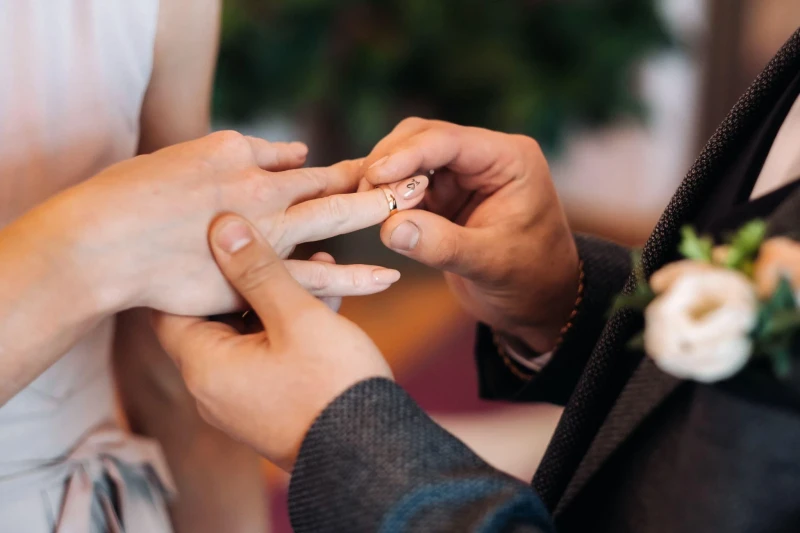
It's possible that the person who will officiate your wedding will request that the two of you participate in some sort of premarital counseling or training program together. Because the officiant will decide whether or not your marriage is ready to take place, it is essential that both you and your partner have a positive attitude toward spending an adequate amount of time together. Outside of the required meetings, you should schedule some time to go over any questions or comments that you might have. The role of the wedding officiant, at the end of the day, is to serve you and your partner by ensuring that you both feel seen and supported at every stage of the ceremony.
Take the time to figure out, in consideration of your respective religious upbringings, the manner in which you wish to show respect for any of your beliefs on the day of your special celebration. In order to find local referrals for religious ceremonies that live up to your standards, you can look within your own community. You can narrow your search for a minister to one who specializes in blending together couples from different cultural backgrounds if you are an interfaith couple.
There are a lot of professional wedding officiants available who are able to perform secular ceremonies if you make the decision that you want to have a ceremony that is not religious in nature.
Should I ask a friend for help, or should I hire a professional?
There is a strong possibility that you will be tempted to ask your childhood best friend to be a witness on your big day. A friend of yours might not have the same level of savvy as a professional wedding officiant when it comes to organizing your wedding.
A wedding officiant is trained to handle such situations. It is possible that it would be prudent to divide up the responsibilities and have a coordinator assist with the logistics of the rehearsal in order to plan ahead. In order for your friend to feel comfortable hosting in front of your other guests, the majority of their preparation will consist of obtaining the necessary paperwork and showing up to the pre-planned arrangements.
The choice of the officiant for your wedding is one that requires careful thought and deliberation; however, the time and effort you invest in this decision can have a significant impact on the quality of your wedding experience. The right person to perform your wedding ceremony will give you access to the tools and resources you require to feel confident about your partnership.
*, officiants are individuals who are authorized to solemnize marriages and perform other legal ceremonies. There are several types of officiants , including religious officiants, civil officiants, and marriage commissioners. Religious officiants are typically ordained members of a religious organization, while civil officiants are authorized by the government to perform legal ceremonies. Marriage commissioners are appointed by the government and are authorized to perform marriages in any location within their jurisdiction. Overall, officiants play a crucial role in helping couples formalize their relationships .
